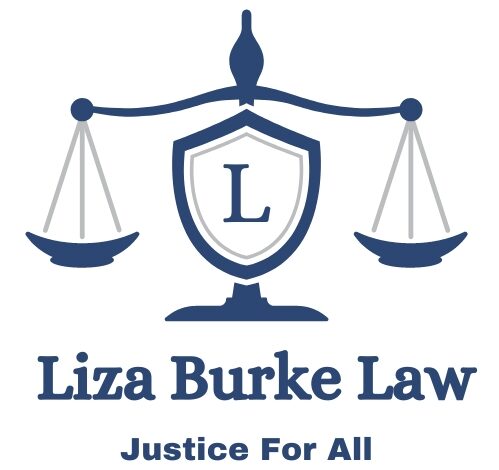In many countries, the intersection of criminal law and indigenous rights presents a complex and often delicate balancing act. Indigenous communities, with their distinct cultures and legal systems, have long been marginalized and subjected to the legal frameworks imposed by the dominant society. As nations strive for justice, reconciliation, and respect for indigenous rights, finding the right balance between criminal law and those rights becomes essential.
Respect for Indigenous Legal Systems
One of the key aspects of this balancing act is acknowledging and respecting the legal systems and traditions of indigenous communities. Indigenous law, often rooted in centuries-old customs and principles, governs the conduct and disputes within these communities. To achieve harmony and justice, it is crucial to recognize the validity of these indigenous legal systems alongside the state’s criminal law.
Respecting indigenous legal systems means allowing them to handle certain matters within their communities. This recognition can include addressing minor disputes, such as family conflicts, land issues, and traditional matters, in accordance with indigenous customs and laws. By doing so, the state legal system can reduce its intervention in the internal affairs of indigenous communities and show respect for their autonomy.
The Challenges of Balancing Act
However, achieving this delicate balance is not without challenges. One significant challenge is the potential clash between state law and indigenous law. When state law and indigenous law conflict, it can lead to ambiguity, confusion, and even injustice. For instance, issues like child custody, land rights, and domestic violence can become sources of tension when state and indigenous laws diverge.
Another challenge is the potential for misuse of indigenous legal systems. There is a risk that some individuals may exploit the autonomy of indigenous communities by using their legal systems to evade state law or accountability for criminal activities. This makes it crucial to establish clear guidelines and mechanisms to prevent such misuse while respecting the integrity of indigenous law.
Reconciliation and Restorative Justice
Reconciliation and restorative justice are principles that can help guide the balancing act between criminal law and indigenous rights. Restorative justice focuses on repairing harm rather than punishing the offender, which aligns with the indigenous concept of healing and harmony. It involves bringing together the offender, the victim, and the community to find solutions that promote healing and prevent future harm.
By incorporating restorative justice principles, the legal system can work with indigenous communities to address criminal issues in a way that respects their values and traditions. This approach not only empowers indigenous people but also has the potential to reduce recidivism and build stronger, more harmonious communities.
Consultation and Collaboration
Consultation and collaboration are essential components of the balancing act. Governments must engage with indigenous communities to develop policies and legal frameworks that respect their rights and legal systems. This can involve working together to define the boundaries of state law and indigenous law, as well as creating mechanisms for conflict resolution when these laws collide.
Indigenous leaders, legal experts, and community members should be active participants in the development and implementation of legal solutions. This collaborative approach ensures that policies and regulations are culturally sensitive and address the unique needs of indigenous communities.
International Standards and Indigenous Rights
International standards, such as the United Nations Declaration on the Rights of Indigenous Peoples (UNDRIP), provide a framework for respecting and protecting indigenous rights. UNDRIP emphasizes the right of indigenous people to maintain and develop their legal systems and institutions. It also promotes their right to participate fully in decisions that affect them, including those related to criminal law.
Nations that have adopted UNDRIP or similar standards have a responsibility to align their legal systems with these principles and to ensure that indigenous rights are not violated. This includes measures to address historic injustices, provide reparations when needed, and support the preservation of indigenous legal traditions.
Conclusion
The delicate balancing act between criminal law and indigenous rights is a challenge that societies around the world must navigate. It requires respect for indigenous legal systems, the reconciliation of conflicting laws, and the promotion of restorative justice. Through consultation, collaboration, and adherence to international standards, nations can find the right balance that ensures justice for all while respecting the rights and autonomy of indigenous communities.
As we move forward, it is crucial to continue the dialogue and work towards a legal framework that respects the rich tapestry of indigenous cultures and traditions, while maintaining peace, justice, and harmony within our societies.



